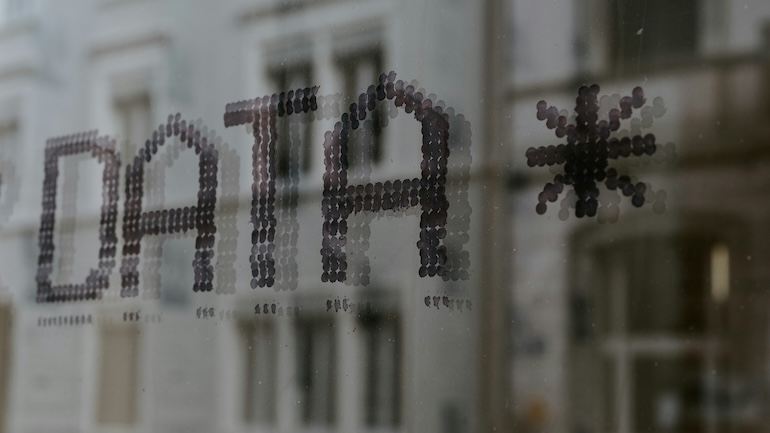
Danish data protection provider, Keepit will add anomaly detection capabilities to its immutable backup and recovery service for software-as-a-service (SaaS) applications next month.
Company CTO Michael Amsinck said that the capability will make it simpler for organizations to identify irregularities that might be indications of malware that has found its way into data immutably stored in a Keepit data center.
Keepit manages data centers in multiple regions, including the U.S., Canada, Australia, Germany, Switzerland, Denmark and the United Kingdom that are completely isolated from one another. The service itself is based on an object storage system that has been integrated with a blockchain platform to ensure immutable data storage. That approach ensures that data that is not just segregated into repositories, but also protected using a combination of encryption, hashing algorithms and role-based access controls.
Keepit then provides via a graphical dashboard instant access to all backups for a flat fee per month per client versus charging ongoing storage retention fees. IT teams can also set unique retention policies, from short-term to 99-year retention policies, and at any time view their data..
Additionally, the Keepit service exposes application programming interfaces (APIs) through which it provides integrations with third-party security information and event management (SIEM) systems.
Keepit already has 15,000 customers and recently raised an additional $50 million in funding, with about half of that capital earmarked to expand its presence in the U.S. Many organizations are now storing copies of data originally created in a SaaS application to both comply with data sovereignty regulations and to provide a method for recovering from any ransomware attack that might encrypt data stored in a SaaS application. Cybercriminals are increasingly targeting SaaS applications in the hopes of being able to encrypt data belonging to thousands of organizations.
Additionally, organizations are more concerned that data stored in a data center in one country might not be accessible should current trade tensions continue to escalate.
Regardless of motivation, there’s more awareness than ever of the need to retain control over data. Otherwise, organizations will find themselves locked into specific cloud services that don’t always make it simple for them to recover their data whenever an organization decides to cancel a subscription to a service.
There is, of course, no shortage of options when it comes to backup and recovery. Keepit is making a case for an approach specifically designed for SaaS applications that in recent years have proliferated throughout enterprise IT environments. Far too many of the organizations relying on these applications assume the provider is ensuring that their data has been backed up. In reality, data protection is a shared responsibility that many organizations overlook.
Few organizations can financially survive for more than a week without access to their data. The challenge and the opportunity now is to ensure that data is always available no matter what the issue versus being, for example, held hostage for ransom by some entity that may not always have at the top of their agenda the best interests of their end customer.

